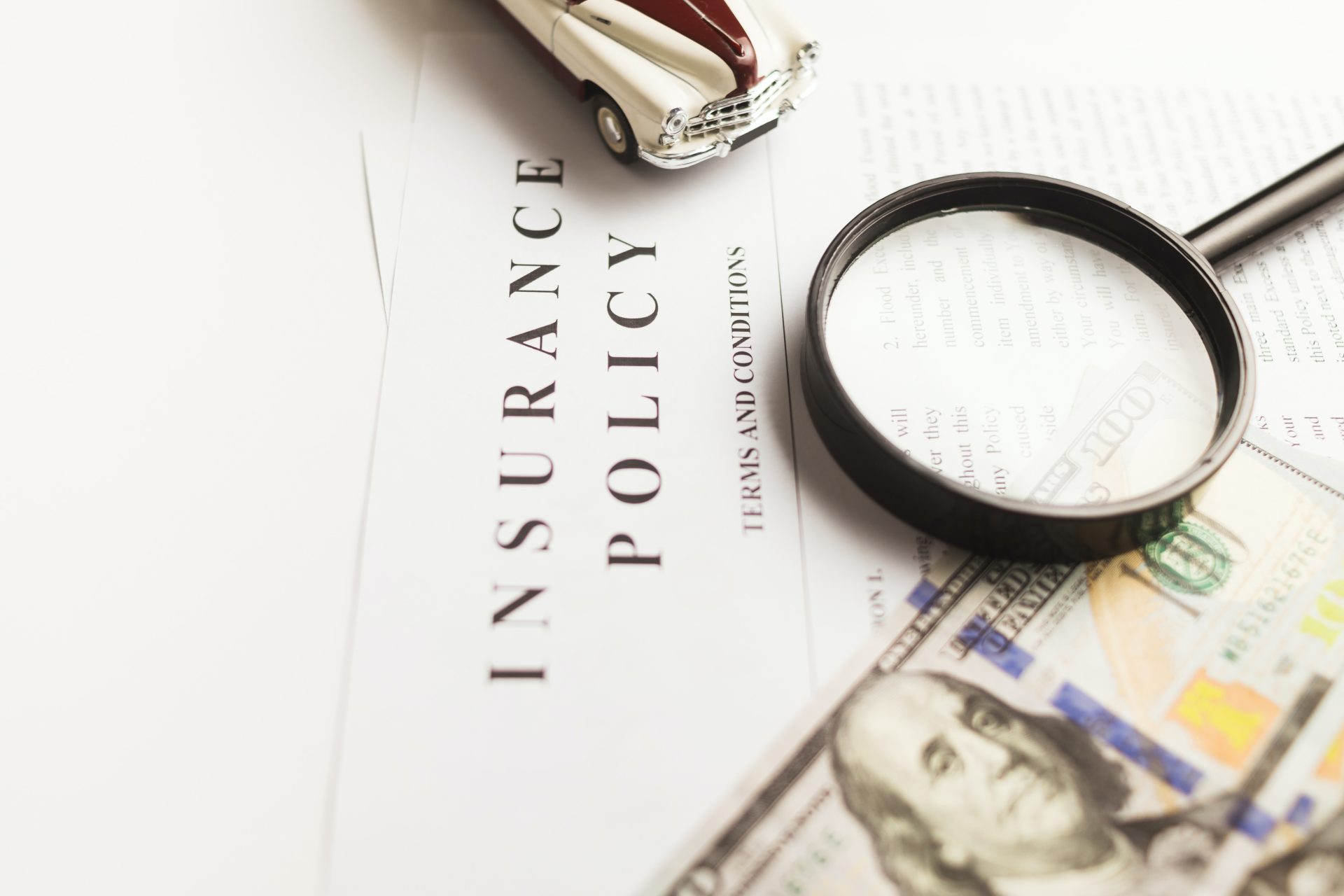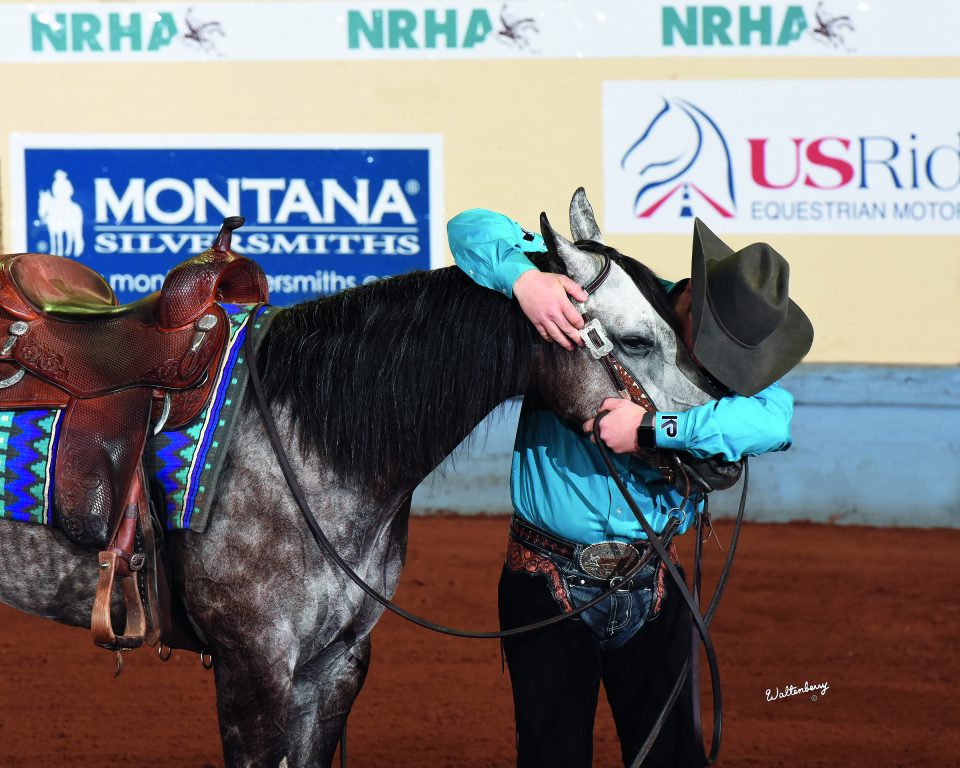You might think having property insurance or a professional liability policy will fully cover you during an accident, but depending on the incident, you could actually find yourself underinsured.
By Kristin Pitzer

Insurance can be a complicated subject to figure out in itself, but once you add 1,000-plus-pound animals to the equation and the facilities required to care for them, the stakes become significantly higher. For equine professionals, who often run their training operations on property they own, not being properly insured means higher risk of losing the business—or worse.
Although they might take place at the same address, your business and your property are viewed as two separate entities in the eyes of insurance companies, said Jordan Willette, an attorney based in Phoenix, Arizona. Because of that, insuring one may not cover the other. Willette offered some tips on the difference between professional liability and property insurance, but cautioned that coverage can vary depending on the needs of your business, so it’s best to consult with an attorney who’s familiar with your line of work or insurance policy adjuster on your own.
Why Property Insurance Is Necessary
When you start a training business, you’ll likely invest a large sum of money into either building equine facilities or improving the ones already on the property. Horses are destructive by nature, so it’s imperative to purchase property insurance, which protects the land and facilities against damage caused by a young colt running through a fence or a mare kicking through a stall wall, for instance. Other covered incidents include devastating natural occurrences like fires and floods.
Property insurance will also protect you, the trainer, if a person is injured on the property, as long as the injury wasn’t related to your business. For instance, if a visitor sustains an injury from slipping and falling in mud, or a guest is bitten by your dog, the damages would likely be covered by your property insurance if not related to the business.
To ensure that you have the appropriate amount of insurance, it’s best to speak with your insurance agent, Willette advised. Whereas business insurance tends to have fairly high coverage —such as $1 million per occurrence—property insurance often has much lower limits for liability purposes.
“Depending on how your property insurance is written, it can be a personal property, but different states have different requirements,” Willette said. “Your insurance policy adjuster will be a great resource because some companies will actually send their employees out when they’re writing insurance policies to assess the property and potential needs or risks you may have.”
Property Insurance Doesn’t Cover Everything
Purchasing property insurance alone won’t protect you from every incident that might occur, though. That’s where business insurance comes in, which provides far more comprehensive coverage.
“Insuring the business is basically what we like to call ‘professional liability insurance,’” Willette said. “If something happens and the trainer is sued personally, that insurance becomes available to protect the trainer. That means the insurance company will pay for the trainer’s legal fees; they’ll hire counsel to act as their attorney to defend any potential lawsuit; and they’ll indemnify the trainer under the policy, or pay for potential damages, if there are any damages against them. That’s the reason why insurance is so important.”
Professional liability insurance covers you if you were negligent in some way or if an accident occurred on your property that was related to the business. For instance, if you’re giving a lesson and a client falls off and is injured, that person might decide to sue you. Because the injury happened during a lesson, your professional liability insurance would kick in, not the property insurance. The same would happen if a client’s horse was injured during a training session.
Sometimes, an incident could fall under both professional liability and property insurance, like if you don’t keep your fences in good repair and a horse is injured. Without professional liability coverage, though, the trainer may not be protected from all types of claims.
[sub] Other Coverages Might Be Needed, Too
While having property insurance and professional liability insurance is a great place to start coverage-wise, there are still certain things that may not be covered by either. Without professional assistance, you might not know what they are until it’s too late.
“For instance, what some trainers don’t realize is that their vehicles need to be under one of those insurance policies [property or professional liability],” Willette said. “A lot of trainers haul horses for their clients. If a horse gets injured while hauling and the trainer only has a personal auto policy, their insurance policy may not cover it because the vehicle was used in the scope of business.
“Insurance can get really nasty and very particular,” Willette continued. “[In this case], I’d put the vehicle under the business [policy] because it’s a more general umbrella that will provide coverage.”
Nobody likes to spend money on something that might not happen, but if an accident occurs and you’re underinsured, it might not just be your business at stake. In fact, your personal assets could be subject to scrutiny if the plaintiff wins the case.
“If somebody brings a claim against you and you don’t have enough insurance to cover the damages, in some cases, you could be personally responsible,” Willette said. “Your personal assets would become available to the recovering party.”
There are lots of things that can happen when horses are involved with a business. If you’re unsure whether your insurance policies will fully protect you, seek counsel from a lawyer who specializes in equine businesses to make sure you are managing yours properly and are protected from any risk management situations.
This article is provided for informational purposes only and does not constitute individualized legal advice. Contract drafting and business disputes can be very complex. When questions arise based on specific situations, please seek a knowledgeable attorney for advice.



